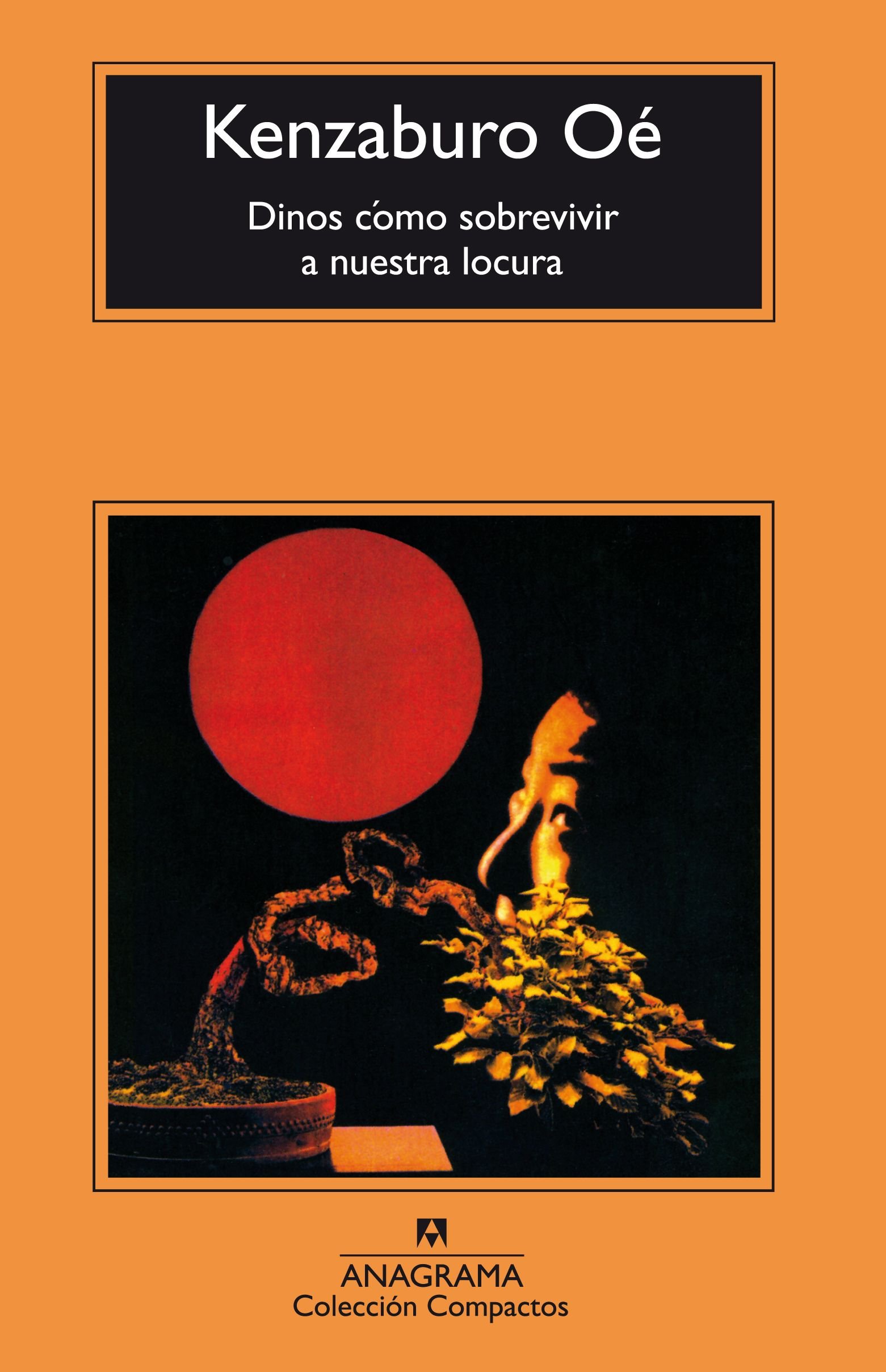
Review of the book “Tell us how to survive our madness” by Kenzaburo Oé.
“Tell Us How to Survive Our Madness” is a masterpiece by Kenzaburo Oé that explores deep and complex themes such as identity, family, madness, and moral responsibility. It is a powerful novel that challenges the reader to think deeply about what it means to be human and how to survive in an increasingly complex and confusing world.
What can we learn from the work of Kenzaburo Oe, the Nobel Prize winner in literature who dared to question the identity and history of Japan? In this article, we will analyze one of his most emblematic books: Tell Us How to Survive Our Madness, a collection of three stories that explore the relationship between the individual and society, between reality and fiction, between madness and sanity.
The first story, which gives the book its title, tells the story of a father who has a son with a severe mental disability and who faces rejection and hostility from his surroundings. The father seeks refuge in a rural community where he lives with other social outcasts, such as a former soldier who lost an arm in the war or a woman who was raped by an American officer. There, the father tries to create an imaginary world for his son, based on Japanese legends and myths, but also on Western influences that reach him through radio or cinema. The story poses the dilemma of whether to accept reality as it is or escape it through fantasy.
The second story, “Agüi, the Monster of the Sky,” is set on a remote island where a primitive tribe lives, worshipping a giant bird called Agüi. The protagonist is an anthropologist who comes to the island to study the natives and who falls in love with a young woman named Nui. However, his presence upsets the balance of the island and provokes the wrath of Agüi, who unleashes a series of natural disasters. The story is a metaphor for cultural invasion and the clash between civilizations, but also a reflection on love and sacrifice.
The third story, “The Day He Deigns to Wipe Away My Tears,” tells the story of a sick man who recalls the events that marked his life: his father’s suicide after the end of World War II, his relationship with a married woman who abandoned him, his failure as a writer, and his obsession with Emperor Hirohito. The story is a critique of the nationalist and militaristic ideology that dominated Japan during the 20th century, but also a satire of the decadence and emptiness of contemporary society.
Tell Us How to Survive Our Madness is a book that shows us the narrative mastery of Kenzaburo Oe, capable of combining the real and the fantastic, the personal and the collective, the local and the universal. It is a book that invites us to question our certainties and to seek our own path in the midst of chaos and uncertainty.
The story follows the main character, a writer named Kogito Choko, as he navigates his own internal struggles with guilt, identity, and responsibility. After the death of his father, Choko is faced with the reality of his own mortality and the mortality of those around him. He also has to deal with his troubled relationship with his son, Akari, who is autistic and obsessed with dinosaurs.
As the story progresses, Choko is forced to confront his own inner demons and wrestle with his own guilt over the choices he has made in the past. He is also forced to confront the madness and violence surrounding his family and community, leading him to question his own moral responsibility in the world.
One of the most remarkable things about Tell Us How to Survive Our Madness is the way Oé uses the figure of the dinosaur to explore larger themes of humanity. The dinosaur becomes a powerful metaphor for the fragility of life, extinction, and survival. Through Akari’s obsession with dinosaurs, Oé is able to convey a sense of loss and vulnerability that is common to the human experience.
Furthermore, Oé’s prose is exceptionally beautiful and poetic, which adds another dimension to the book. The use of metaphor and symbolization allows the author to address deep themes in a way that is accessible and moving to the reader.
In short, “Tell Us How to Survive Our Madness” is a masterpiece that must be read by anyone interested in exploring the complexity of humanity and the internal struggles we all face. Oé is an exceptional writer and this book is further proof of his ability to create deep and moving stories that resonate with the reader. It is undoubtedly a work that will remain in the mind and heart of the reader long after they have finished it.
Source: https://algunoslibrosbuenos.com/dinos-como-sobrevivir-a-nuestra-locura


